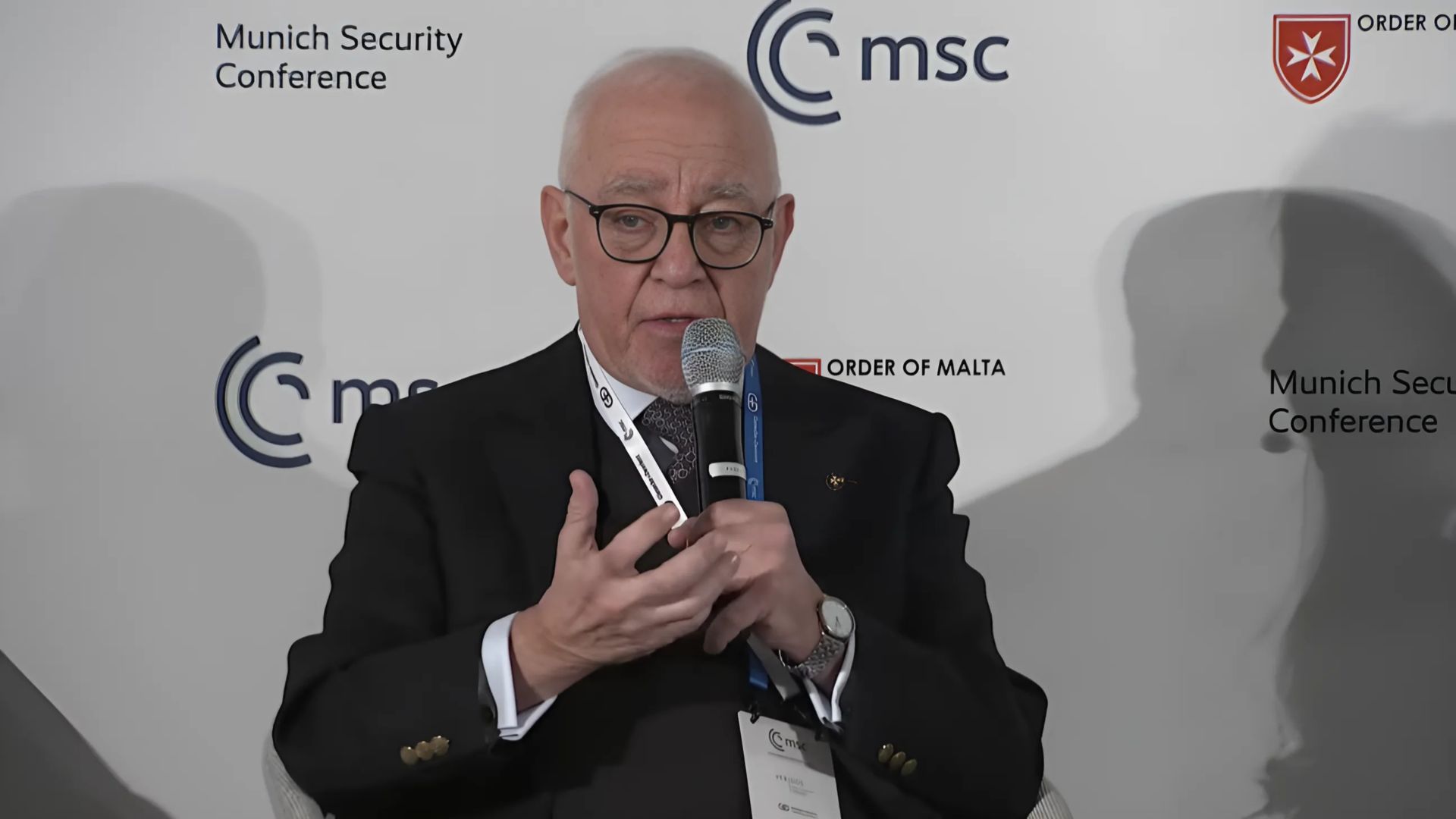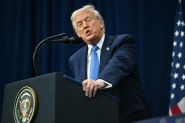
Under the aegis of the 61st Munich Security Conference, the high-level side event organized by the Sovereign Order of Malta entitled "Kairos or Crisis? Unwinding Lebanon’s Path to Stability and Peace” was held. The event was divided into two panels with the participation of numerous guests from the political and institutional scene, including former Lebanese Prime Minister Najib Mikati and Cindy Hensley McCain, Executive Director of the World Food Programme. This was an important opportunity to discuss the future of Lebanon and the challenges that the country is facing to ensure lasting stability and peace.
In a highly complex regional context, while opportunities for reconstruction and dialogue can be glimpsed, there still remain risks that could undermine the peace process in Lebanon. In this context, the Sovereign Order of Malta, a leading humanitarian actor in Lebanon for more than 70 years and in the region for over 900 years, in collaboration with MSC, has offered a discussion platform on the prospects for stabilization and the strategies to address the country’s difficulties.
"The Middle East and, within it, the Holy Land, which for historical and cultural reasons is held dear by the Order of Malta, is once again at a crossroads. There are many uncertainties, at different levels. And there are also many risks," said Riccardo Paternò di Montecupo, Grand Chancellor of the Sovereign Order of Malta, opening the event. "Even the ceasefire agreements in Gaza and Lebanon are at risk. There is only one way to contain and counter these risks: mediation, diplomacy, response to humanitarian needs, international assistance for reconstruction and for an orderly and safe return of refugees to their homes. The needs and aspirations of people should be the primary concern of international efforts, not the target of military operations.”
"Lebanon has been devastated by the war between Israel and Hezbollah, with the south of the country suffering enormously. Many lives have been lost and a part of the population has been displaced," said Najib Mikati. "The support of the international community remains crucial. This support must be transparent and ensure an appropriate allocation of resources.”
The first discussion session, which was attended by major international figures, including Marwan Muasher, former Foreign Minister of the Kingdom of Jordan, Hagar Chemali, former Director for Syria and Lebanon at the US National Security Council, and Ján Kubiš, former UN Special Coordinator for Lebanon, focused on the need for continued and coordinated international support for stabilization, reconstruction and refugee return processes, as well as on the commitment of Lebanese political forces to revitalize the country’s key institutions.
"Today, we hope that Lebanon can offer an example to the whole region of what it means to value diversity, which is also present in Iraq, Syria, Jordan and many other countries in the area," said Marwan Muasher, Former Foreign Minister of the Kingdom of Jordan. "We hope that this model of inclusivity can once again show the way to a better future for the whole region."
In this regard, the second panel offered a forum for debate on strategies to preserve Lebanon’s rich cultural and religious diversity. Speakers included Maha Yahya, Director of the Carnegie Middle East Center in Beirut, His Beatitude Moran Mor Ignatius Aphrem II, Patriarch of the Syriac-Orthodox Church of Antioch, and Marwan Sehnaoui, President of the Lebanese Association of Order of Malta.
"The multidimensional crisis has left millions of people in distress, yet Lebanon is more than its crisis; it is a nation of remarkable resilience, cultural richness and human capital," said Marwan Sehnaoui. "This diversity is not a weakness but the greatest strength of Lebanon. This is why the role of civil society and humanitarian actors is indispensable. Institutions may weaken, but the spirit of a people resists. The Lebanese Association of the Order of Malta stands by the Lebanese people not as a substitute for the state, but as a bridge between communities, between the people and their institutions, between crisis and recovery."
The initiative provided an important platform to examine the challenges and opportunities facing Lebanon on its path towards stability and peace, reaffirming the Sovereign Order of Malta’s commitment to support the country based on its historic humanitarian mission.



Comments